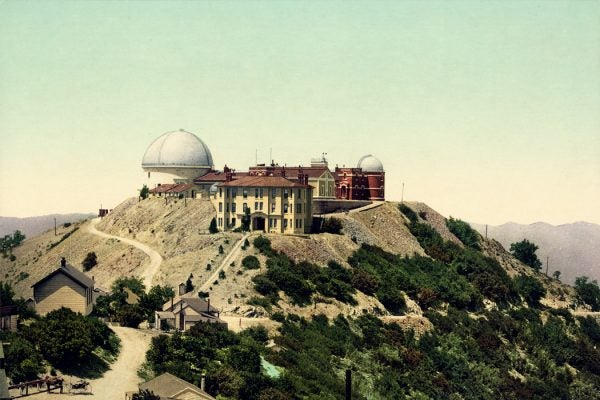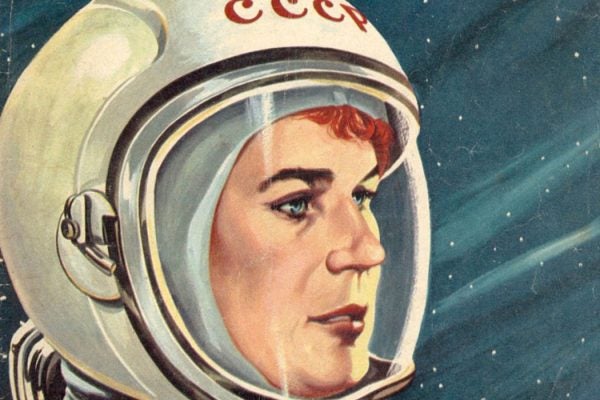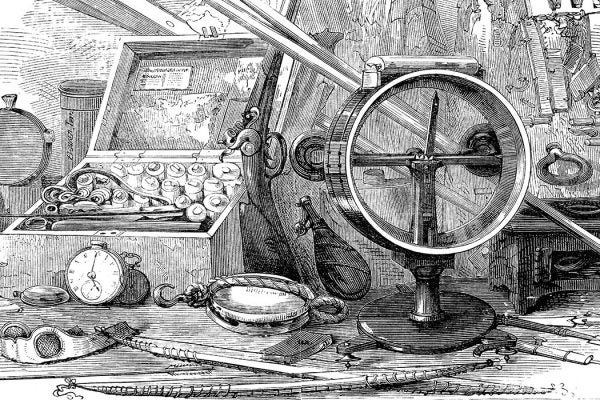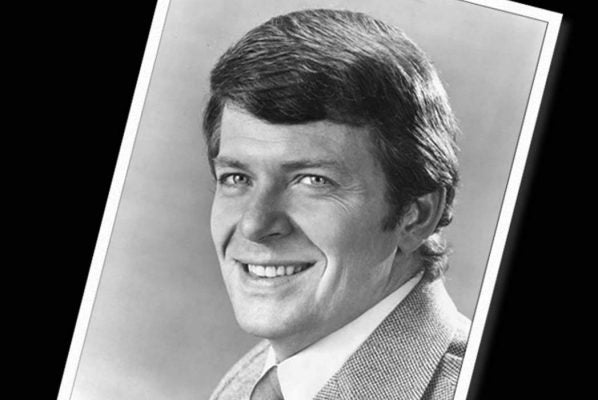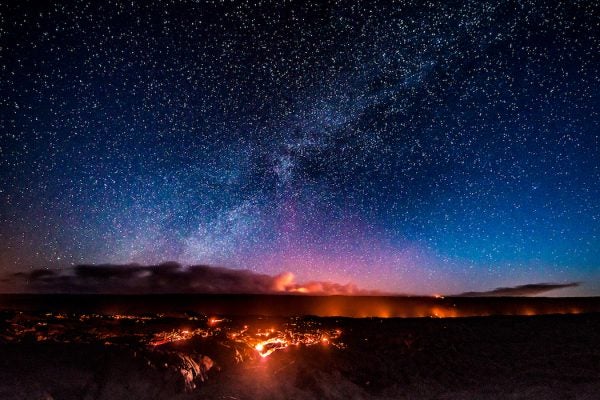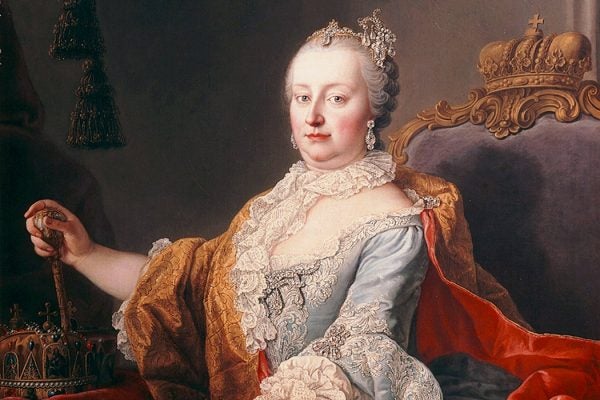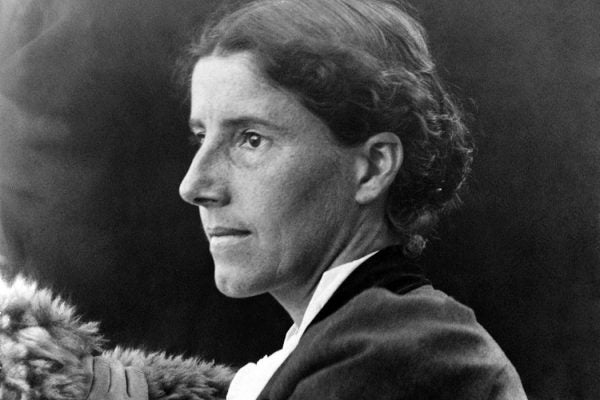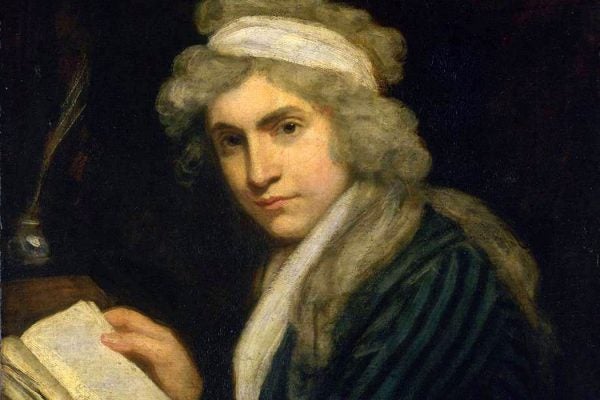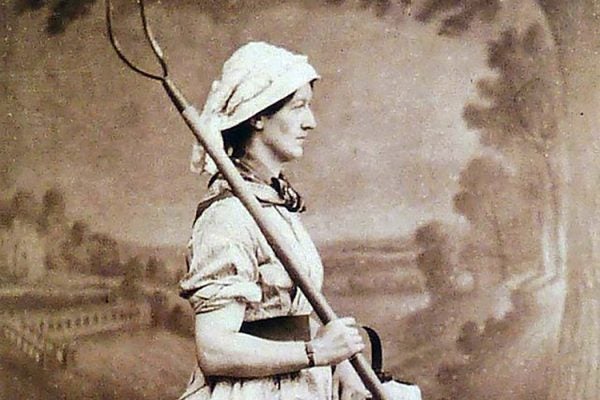The Women Who Made Male Astronomers’ Ambitions Possible
In the late 19th century, Elizabeth Campbell helped her astronomer husband run the Lick Observatory and lead scientific eclipse-viewing expeditions.
Valentina Tereshkova and the American Imagination
Remembering the Russian cosmonaut Valentina Tereshkova, the first woman in space, and how she challenged American stereotypes.
When Clairvoyants Searched for a Lost Expedition
When Captain Sir John Franklin's Arctic expedition went awry, clairvoyants claimed to be able to contact the crew members. Why did people believe them?
The “Queer Innocence” of the Brady Bunch
The squeaky-clean Brady Bunch family symbolized the avoidance of the sexual revolution, feminism, and other social forces that were coming to the fore.
The Divide in Feminist Ethics on Mothering
In the 1960s, two groups of feminists had very different views about motherhood. Unsurprisingly, race and family played a role.
The Mysterious Mana of Speaking
The Austronesian concept of "mana" helps us understand that behind the monolithic "magic" of modern power and authority, there is a fragile human dimension.
When a Woman Was “King”
Maria Theresa, the King of Hungary, ruled over the "accidental" Austro-Hungarian Empire, overseeing social, administrative, fiscal, and religious reforms.
“The Yellow Wallpaper” and Women’s Pain
Charlotte Gilman wrote her famous short story in response to her own experience having her pain belittled and misunderstood by a male physician.
Women’s Rights in the Early Republic
The U.S.A.'s founders focused on the rights of white men to vote, own property, and govern. The idea that women should have similar rights came later.
The Bizarre Victorian Diaries of Cullwick and Munby
Arthur Munby was an upper-class man of letters who "collected" working class women, including his servant Hannah Cullwick, whom he married in 1873.
